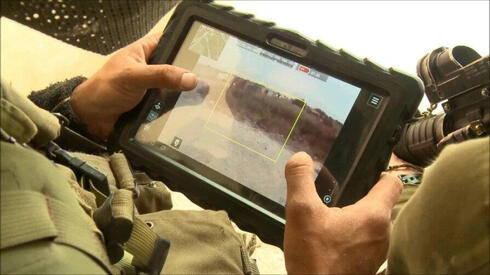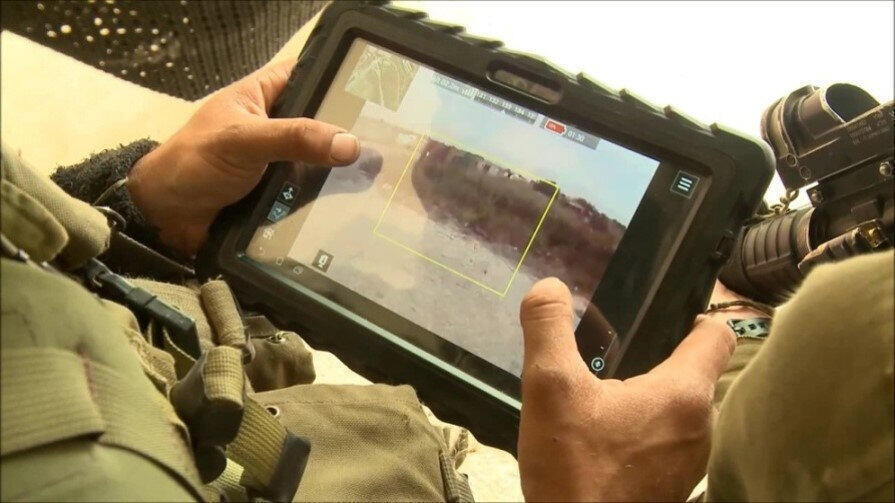
ISRAEL AT WAR
Tech-driven defense fails to prevent Hamas' Gaza onslaught
The gap between what we thought we knew about the spectacular technological capabilities of the Israeli security system and the collapse of the defense mechanisms on Saturday, were no coincidence. Technology sometimes actually reduces strategic thinking
Technology, by itself, does not increase the danger of escalation or complacency. However, it substantially influences the decision makers, effecting the estimates regarding the potential costs of military actions and decisions, as well as of escalation. For many years it has been documented how technology creates a false sense of superiority and contributes to military escalation.
For example, Russia's technological superiority, cyber capabilities, drones, artificial intelligence and satellite capabilities, were supposed to give it a quick victory over Ukraine, but it was not enough.
There are not enough words to describe the extreme emphasis placed in Israel on technology. Of course, it comes from specific and unique conditions, since Israel is the "start-up nation", whose biggest export is weapons and technology, and the "cyber powerhouse" that some of the offensive weapons it has developed have gained a controversial (and coveted) status in the international arena.
Over the last 20 years, an extraordinary incubator of technological excellence has developed in Israel, and this has been put at the forefront of the Israeli security effort. An effort that was always accompanied by a considerable public relations campaign. "Exclusive" interviews with commanders of cyber and technological warfare units, "exposures" of the latest technology that was deployed, and the new measure that would be difference makers. "The IDF makes use of artificial intelligence for airstrikes," stated one headline; "With artificial intelligence and a real-time target detection system: the IDF's future tank is revealed," they announced; "The unit that tells the IDF exactly which truck to attack," they described; "The story of the birth of the electronic warfare system in the IDF" — these are all headlines of the last few months alone.
Technology should always be framed to its smallest and most limited capabilities. If by chance they find surprising uses for it in the process, great. This was also the case in the last few days as it seems that applications such as WhatsApp and other instant messages have made it possible to share a location in real time and help some brave survivors reach safety. But large parts of the technology sector - with the encouragement of the resource-depleted state and creative thinking - are pushing for a general concept that the person with technology will win, that the world they are developing is a net positive force.
The problem with this concept is that it includes many ethical flaws (such as having a world-destroying weapon that there is no moral justification for using), but more than that, it includes an exaggerated promise regarding a technology that will provide a complete, proper solution or that definitely serves the purpose for which it was intended. But in practice this is a partial answer, which reduces attention, reduces imagination and the ability to solve problems in a complex and holistic way.
The great gap between what we have come to know of the spectacular technological capabilities of the Israeli security system, and the collapse of the defense mechanisms on Saturday that allowed Hamas to succeed in its murderous spree, did not happen by chance. "Great achievements often carry with them the seeds of future failures," said nuclear scientist Philip Abelson in 1969. Abelson took part in the Manhattan Project to develop the atomic bomb and he recognized 50 years ago that prolonged technological excellence "brings indifference and even contempt for it", and warned that "technology cannot rescue society from unlimited folly".














